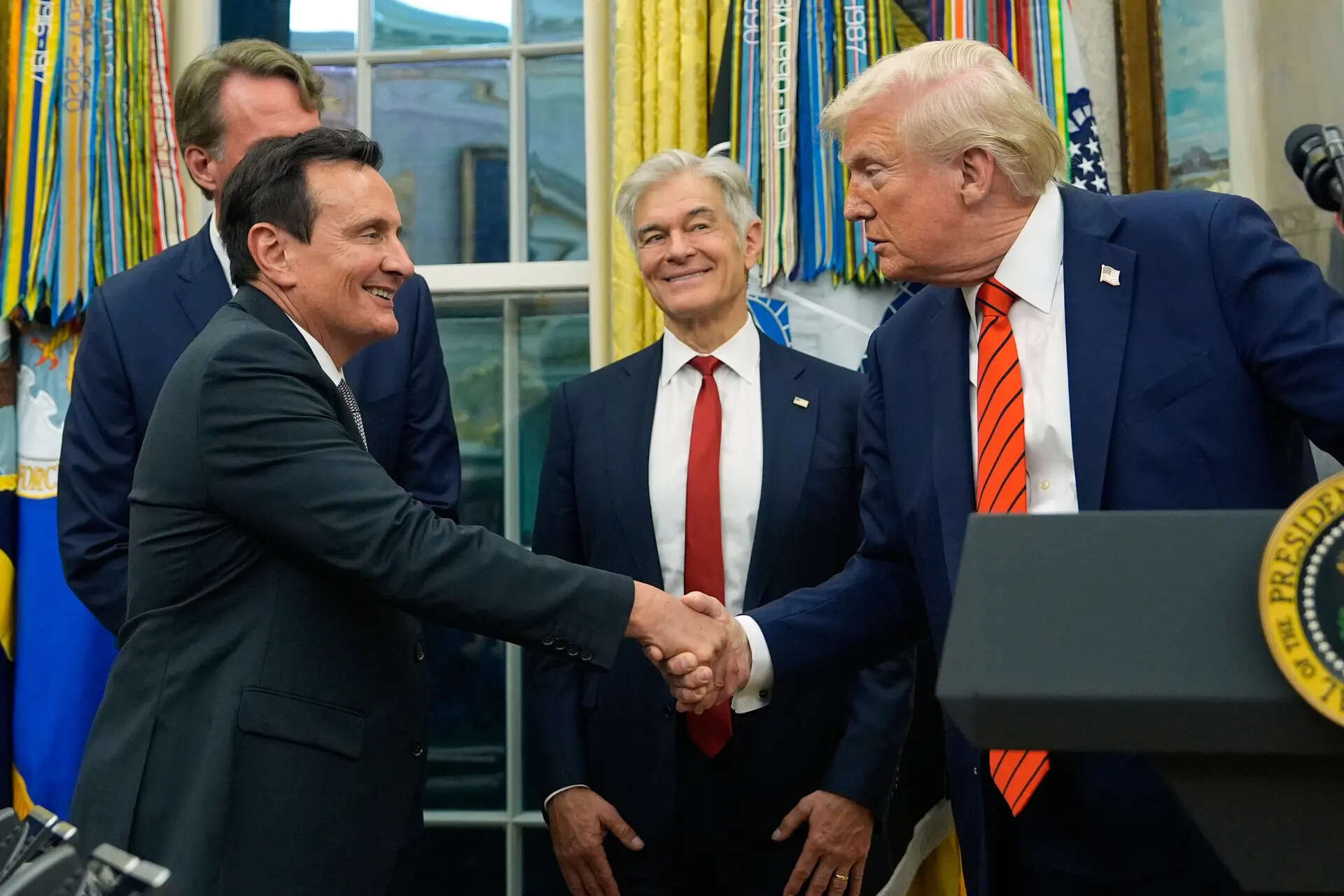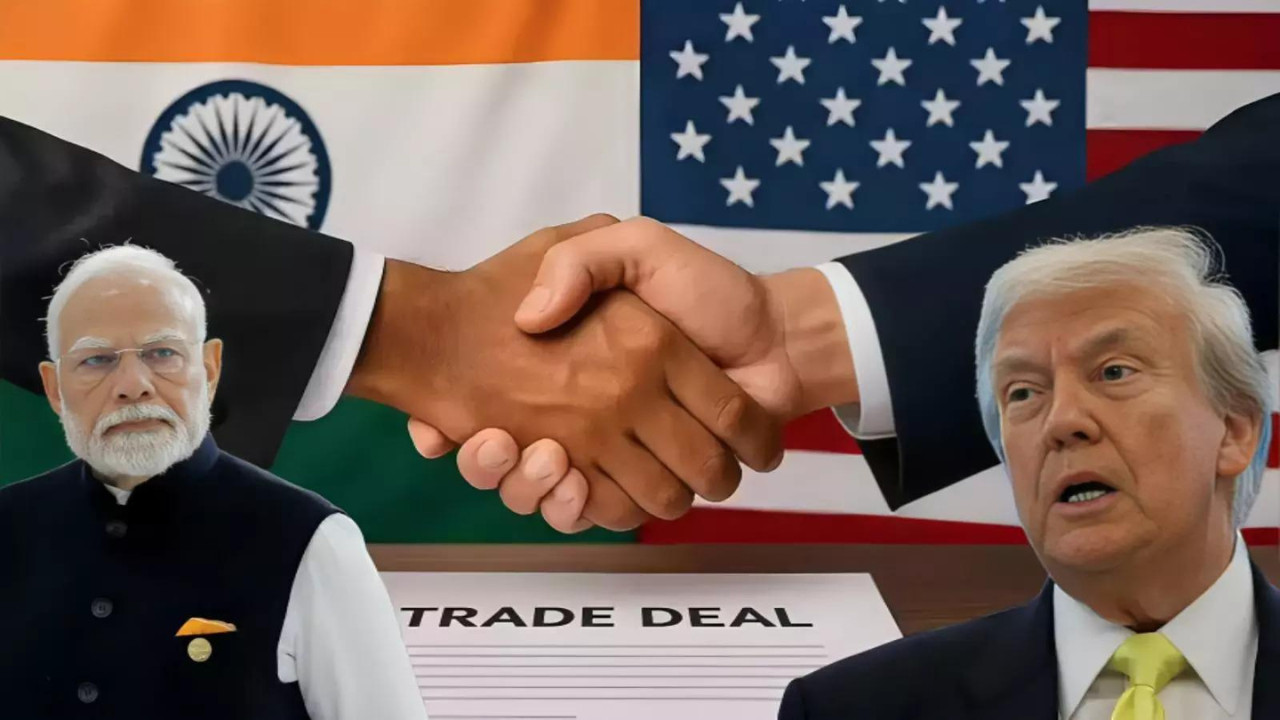President Donald Trump has secured a deal with AstraZeneca. The company will reduce prices on some medicines for America’s Medicaid health plan. This agreement follows a similar arrangement with Pfizer. The White House aims to lower drug costs nationwide. AstraZeneca will offer discounts up to 80 percent. A new website is expected to launch next year.
A Prescription for Change? Exploring Lower Drug Prices in the US
For years, sky-high prescription drug costs have been a bitter pill for many Americans to swallow. Stories of individuals rationing medication, skipping doses, or forgoing treatment altogether due to financial constraints have become all too common. Now, the landscape might be shifting, hinting at potential relief on the horizon, even if the full picture is still developing.
But how did we get here? The complexities of pharmaceutical pricing in the United States are a tangled web of negotiations, patents, insurance formularies, and regulatory frameworks. Unlike many other developed nations, the US government doesn’t directly negotiate drug prices with manufacturers. This allows pharmaceutical companies significant leeway in setting prices, often leading to substantial disparities compared to costs in other countries. This system, designed to foster innovation, has also resulted in a situation where essential medications are simply unaffordable for a significant portion of the population.
The past few years have seen increased political pressure to address this issue, with various proposals aimed at lowering drug costs making their way through Congress. The “Inflation Reduction Act” for example, granted Medicare the power to negotiate prices for some of the most expensive prescription drugs. And while the initial impact will be gradual, it represents a landmark shift in policy that could significantly alter the pharmaceutical landscape in the years to come.

Decoding the AstraZeneca Announcement
One recent development that caught the attention of many was the announcement of an agreement with AstraZeneca, a major pharmaceutical company. This deal aims to provide certain medications at discounted rates to US patients. Specific details remain somewhat limited, but the headlines suggest potential savings of up to 80% on select drugs. This immediately sparks questions. Which medications are included? Who is eligible for these discounts? How significant will the overall impact be?
While a full understanding of the agreement’s scope requires further investigation, the announcement underscores a growing awareness of the need for more affordable medication. It also highlights the role that individual pharmaceutical companies can play in addressing this issue. It’s important to Ultimately, the quest for lower drug prices in the US is an ongoing journey, not a destination. The recent developments, including the agreement with AstraZeneca, offer a glimmer of hope, but sustained progress requires continued advocacy, policy innovation, and a willingness to challenge the status quo. It also requires awareness. Staying informed, understanding your options, and actively engaging in the conversation are crucial steps in ensuring access to affordable medications for all. You can stay in the know by regularly visiting trusted sources like the FDA or even exploring organizations dedicated to patient advocacy. For more information on similar trends, see our recent article on innovative healthcare solutions.
The fight for affordable healthcare is far from over, but these strides signal the potential for a healthier, more equitable future for American patients. The key is to keep pushing for systemic change while celebrating these smaller victories along the way.







